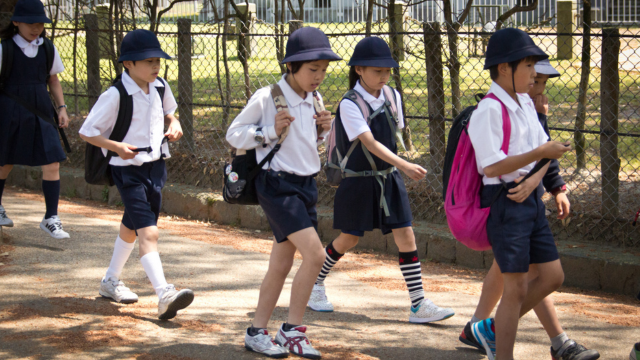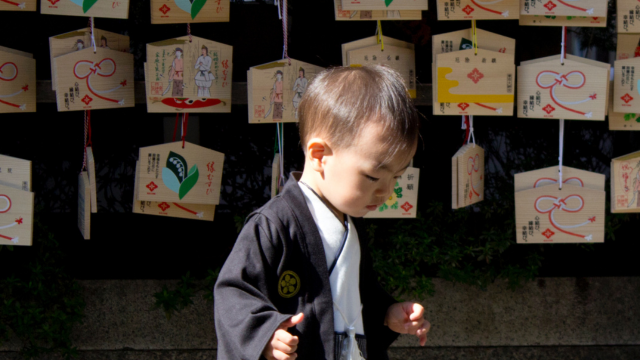The Japan Federation of Bar Associations wants to create a Japanese clone of the notorious French governmental anti-cult agency.
by Patricia Duval
Article 2 of 2. Read article 1.

In addition to the first recommendation, criminalizing mind control, the second recommendation made by the Japan Federation of Bar Associations (hereafter the “Federation”) in its submission to the Japanese diet on February 25, 2025 (the “Proposal”), was based on a suggestion made by the Federation on November 15, 2023 “for the creation of an organization that will continuously tackle the issue of cults.”
It proposed that the government take the following steps and establish a permanent cross-ministerial response organization under the appropriate competent ministry for:
- Analysis based on information collected
- Public relations to raise awareness on cult damage
- Collaboration with and financial support for private organizations dealing with cult issues.
This proposal is a copy of the French Inter-ministerial Mission to Monitor and Combat Cultic Abuses, MIVILUDES.
However, the reality of MIVILUDES is that “information collected” is based on one-sided denunciations and accusatory reports received by MIVILUDES from hostile relatives or acquaintances against religious minorities derogatorily labeled as “cults,” without any possibility for the concerned groups to rebut such information.
MIVILUDES has been condemned by French courts on numerous occasions for defaming various minorities in its annual reports, publishing these as “collected information.”
The proposed “awareness raising” is done by MIVILUDES through stigmatization campaigns against these groups, primarily via state-funded private anti-cult organizations.
The Special Rapporteur on Freedom of Religion or Belief condemned all this in her 2006 Report on France, quoted in the first article of this series, as follows: “108. However, she is of the opinion that the policy and measures that have been adopted by the French authorities have provoked situations where the right to freedom of religion or belief of members of these groups has been unduly limited. Moreover, the public condemnation of some of these groups, as well as the stigmatization of their members, has led to certain forms of discrimination, in particular vis-à-vis their children.”
And the Special Rapporteur made the following Recommendation to the French authorities: “113. Moreover, she recommends that the Government monitor more closely preventive actions and campaigns that are conducted throughout the country by private initiatives or Government-sponsored organizations, in particular within the school system in order to avoid children of members of these groups being negatively affected.”
In total contradiction to these recommendations, the Federation made further proposals to the Diet concerning the Unification Church’s second-generation members.
Based on the same theory of mind control, recommendations were made to the Diet concerning the de-conversion of the members’ children.
This proposal was based on the Federation’s “Opinion Paper on the Prevention of Harm and Support for Second-Generation Members of Religious Groups” (December 14, 2023).
It addressed “the problem of second-generation religious believers who are forced to believe from birth or early childhood” and who would allegedly be subjected to “mental and economic abuse due to their parents’ religious beliefs (instillation of fear and guilt, being forced to engage in missionary activities, etc.)”

It stemmed from the postulate that religious education is imposed on children by their parents and should be combated as not freely chosen by them.
This blatantly violates parents’ right to educate their children according to their religious beliefs, which the treaties signed by Japan protect (International Covenant on Civil and Political Rights, Art. 18.4; Convention on the Rights of the Child, Art. 14.2).
Recognizing that “a child’s views may be heavily influenced by the religious values of their parents from infancy,” the Federation intends to “ensure that the protection of children’s rights is not neglected, even in the absence of explicit statements from the child.”
In particular, “Children, in nurturing their faith, are heavily influenced by the parents who have custody of them and may lack the capacity to critically examine the beliefs imposed upon them.” This is the reason why “awareness sessions” for children have been organized in Japanese state-run schools to raise “critical thinking” of children towards their parents’ faith, as well as “human rights classes,” in which accusations are made against the Unification Church and its members are presented as criminals.
The Proposal recommends widespread use, in the school system and at consultation centers, of the “Guidelines on child abuse related to religious beliefs.” These Guidelines were the subject of an official Communication to Japan by four UN Special Rapporteurs in April 2024 pointing out that they infringed international human rights standards and commitments by Japan.
Those Guidelines include, inter alia, that making a child participate in religious activities constitutes “psychological abuse,” instilling fear in them from childhood through verbal reprimands or references to “hell” constitutes child abuse, etc.
In its Proposal, the Federation goes further since it recommends enacting legislation to prohibit religious education of children in religious corporations and making them liable to dissolution in case of infringement.
As children “lack the capacity to critically examine the beliefs imposed upon them,” and “considering that children require appropriate education,” the Federation concludes that “it is reasonable to impose certain limits on religious organizations—such as restricting persistent instructions or inducement to participate in religious activities, or the imposition of strict lifestyle regulations on children based on religious doctrines—in order to ensure that children can develop freely and healthily while forming their own beliefs.”
Consequently, the Federation proposes to amend the Religious Corporations Act to “establish a clear legal obligation for religious corporations to respect children’s rights” and to “explicitly state that serious violations of this obligation may serve as grounds for dissolution.”

If religious organizations or their members engage in acts that, when performed by a parent, would constitute child abuse as detailed in the Guidelines, or encourage parents to engage in such acts, they are essentially co-perpetrating or facilitating child abuse.
In addition, acts that violate children’s rights on religious or ideological grounds should be clearly defined, and criminal penalties should be established for serious violations. This would be done specifically by amending the Prevention of Child Abuse Act and the Child Welfare Act to “explicitly prohibit acts that harm children’s welfare based on religious activities or doctrines.”
So, after the vagueness of the “harm to public welfare” which exists in the provision allowing dissolution of religious corporations, we now have the “harm to children’s welfare based on religious activities or doctrines,” which is recommended for future legislation to allow criminal penalties against the parents or members of religious corporations.
The vagueness of the notion of “welfare” has been addressed by the UN Human Rights Committee which repeatedly summoned Japan to stop using it for limitations to freedom of religion or belief (see “Concluding Observations After the Reviews of Japan” in 2008, 2014 and 2022).
For all the foregoing reasons, the above proposals to the Diet should be rejected.

Patricia Duval is an attorney and a member of the Paris Bar. She has a Master in Public Law from La Sorbonne University, and specializes in international human rights law. She has defended the rights of minorities of religion or belief in domestic and international fora, and before international institutions such as the European Court of Human Rights, the Council of Europe, the Organization for Security and Co-operation in Europe, the European Union, and the United Nations. She has also published numerous scholarly articles on freedom of religion or belief.



